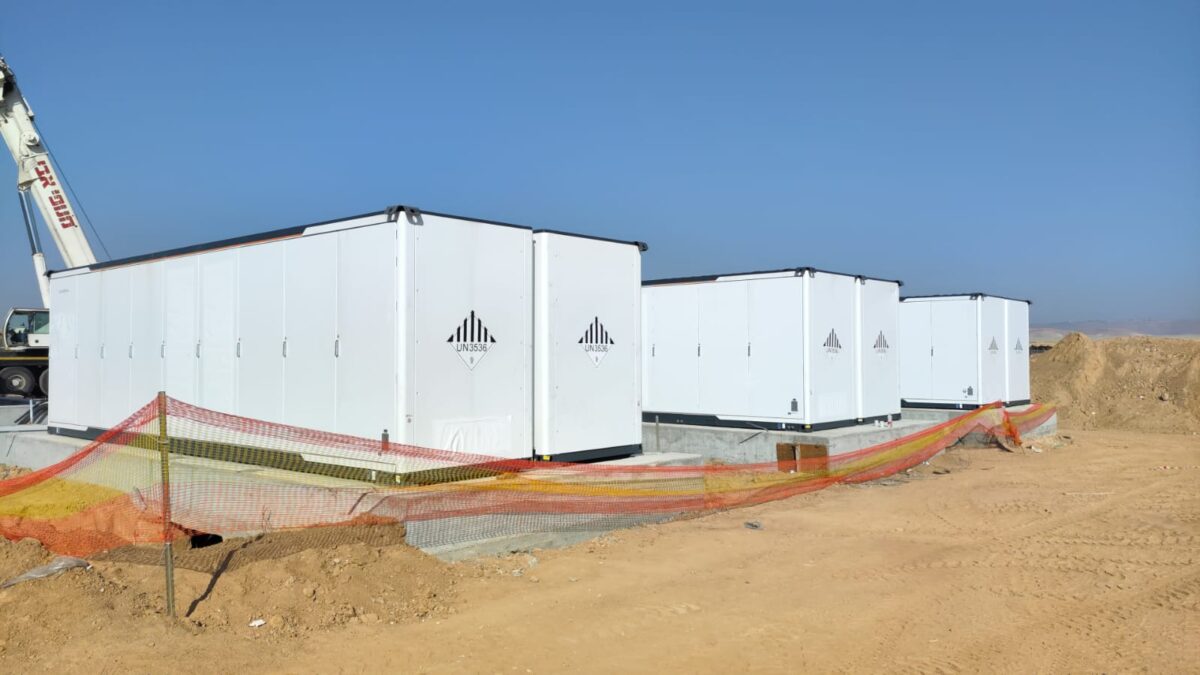From ESS News
Brazilian energy suppliers raised the red flag in September 2024, signaling a rise in electricity costs as thermal power stations were fired up to cover a fall in hydroelectric output because of water shortages.
With global battery prices having fallen 85% between 2010 and 2018 – and further since – Brazilian home, business, and industrial electricity users are considering energy storage systems increasingly attractive.
Sophia Costa, head of new business at Holu Solar said market analysts expect Brazil’s lithium battery sector to grow at a CAGR of 20% to 30% through 2030.
“We have observed that the battery energy storage system (BESS) market is booming globally with the use of lithium-ion batteries becoming a reality in many parts of the world,” said Costa. “It is currently estimated that more than 2 million battery energy storage systems are already installed in homes, especially in countries such as the United States, Germany, and Australia. It was only a matter of time before this technology arrived in Brazil. In the coming years, both Brazilian homes and businesses will adopt these systems on a large scale, driven by the search for greater energy security, sustainability, and independence from traditional electricity grids.”
That trend is corroborated by a recent study by the International Energy Agency, which predicted the volume of global installed battery storage will rise from 200 GW, in 2023, to more than 1 TW by 2030, and almost 5 TW by 2050.
Holu’s Costa observed batteries were prominent during the Intersolar South America trade show held in São Paulo at the end of August 2024. She added, hundreds of manufacturers are bringing energy storage products to Brazil.
The fall in battery prices, Costa said, means consumers can look to them to protect against energy inflation rather than simply as a backup power option.
“Energy security is one of the main benefits, avoiding financial losses resulting from interruptions in the power supply,” said Costa. “For companies, especially those that depend on continuous power such as shops, restaurants, and markets, batteries ensure that operations are not paralyzed, avoiding substantial losses such as the deterioration of refrigerated product stocks.”
To continue reading, please visit our ESS News website.
This content is protected by copyright and may not be reused. If you want to cooperate with us and would like to reuse some of our content, please contact: editors@pv-magazine.com.



By submitting this form you agree to pv magazine using your data for the purposes of publishing your comment.
Your personal data will only be disclosed or otherwise transmitted to third parties for the purposes of spam filtering or if this is necessary for technical maintenance of the website. Any other transfer to third parties will not take place unless this is justified on the basis of applicable data protection regulations or if pv magazine is legally obliged to do so.
You may revoke this consent at any time with effect for the future, in which case your personal data will be deleted immediately. Otherwise, your data will be deleted if pv magazine has processed your request or the purpose of data storage is fulfilled.
Further information on data privacy can be found in our Data Protection Policy.